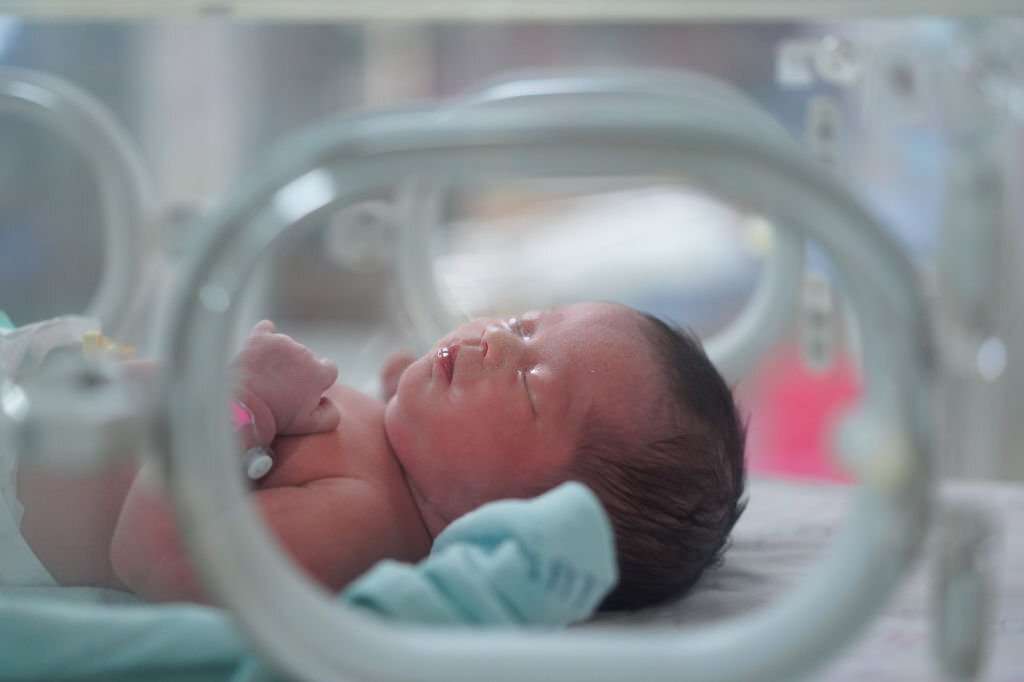


The neonatal intensive care unit (NICU) is a designated portion of the hospital for newborns who require extensive medical attention. The NICU has cutting-edge medical equipment and skilled staff to provide specialised care for the smallest patients. NICUs may also house facilities for the treatment of infants who are not as ill but still require expert nursing care. Babies must be transferred to another hospital when a NICU cannot be staffed at a certain facility. Intensively cared-for infants do better if they are born in a facility with a NICU than if they are transferred after birth.
A NICU is needed for some newborn infants. For any parent, having an ill or premature baby can be unexpected. It can be overwhelming in the NICU. A neonatal intensive care unit (NICU) at Deepa Hospital has skilled nurses, dietitians, physicians, and neonatal specialists who deal with newborn care.
At Deepa Hospital, the Neonatal Intensive Care Unit has four levels.
This is neonatal intensive care’s entry level. This facility is capable of performing neonatal resuscitation, treating newborns, stabilising and caring for infants born between the 35th and 37th gestational weeks, and treating infants born with illnesses at less than 35 gestational weeks. Sometimes, this unit will largely serve as a stopgap measure before the infant is sent to another hospital with the necessary degree of care. Typically, nurses, family doctors, paediatricians, and other medical experts make up this level.
The main functions of this device are assisted ventilation and constant positive airway pressure. Before being transported to a facility that offers newborn intensive care, preterm and sick infants can be stabilised and resuscitated at this level. Infants born to them at a gestational age higher than 30 weeks and weighing less than 1500 g can receive care if they exhibit any of the following symptoms:
They can also look after infants who are recovering from intensive care. Some devices additionally have the extra ability to briefly provide mechanical ventilation.